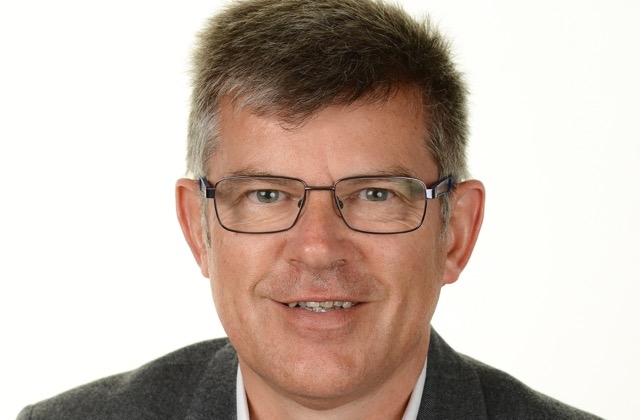In his latest column for SIPPs Professional, SSAS and SIPP expert Martin Tilley, WBR Group's chief operations officer, looks at why it's important to educate trustees.
The Department for Work and Pensions (DWP) and HM Treasury (HMT) recently issued a call for evidence from the industry in relation to the skills and capability of pension scheme trustees.
The DWP and HMT’s concerns are that there should be no barriers to trustees being effective and ensuring the best outcomes for savers.
The request covers both defined contribution and defined benefit schemes as well as collective defined contributions schemes.
This was referred to me by a colleague and on first review appeared not to apply particularly to Small Self-Administered Schemes (SSAS) where all members are trustees. It is this feature which provides for numerous exemptions from the wider requirements of larger schemes. However, this did make me think about trustee education and in particular where the operation of a SSAS is taken for granted.
Perhaps I should not generalise though, as most SSASs often exist for the directors of a limited company, with members sometimes sitting on the board of trustees for their larger staff schemes. As such, they should be well informed, but the majority, however, are not. After all, that’s what the SSAS independent trustee is there for, isn’t it?
This assumes that there is an independent trustee. Since 2006, this has not been a compulsory requirement and scrolling through social media outlets there are several organisations extolling the virtues of “self SSAS management”. These same organisations are also pushing an agenda by way of investment proposition which would often be vetoed by a prudent independent trustee.
There is certainly a gap in the market for SSAS trustee education. This gap, may I say in some instances, extends to the intermediary community. Again, there is often a reliance on the Independent Trustee. I hasten to add Independent Trustee and not “SSAS Provider” as a SSAS is not a product. It is a vehicle under the control of the trustees to which certain professional firms provide services. It is a living breathing entity guided by the trust deed and rules and as such capable of being perhaps the most flexible of retirement planning tools.
Very few SSAS trustees or their intermediaries will have spent any time at all reading or understanding the deed and rules. This is a shame since a good working knowledge would enable them to better utilise the functionality a SSAS can offer.
Earmarking of assets, the use of a general fund, the ability to substitute a founder employer, delegation powers, and powers to amend are just a few of the topics rarely explored but when used correctly can find solutions or enhance the usefulness of a scheme or in some cases even avoid a disaster.
I often present educationally to advisers and other intermediaries, and it is very rare for these sessions not to mention at least one topic which has resulted in a “lightbulb moment” that where applied to a particular client can provide a solution. Better informed means better able to advise.
This is the reason we encourage Independent Trusteeship and advocate the regular use of trustee meetings. These might not need to be annual, but regularly enough that the trustees can know each other, and the member trustees can know when to refer and ask for guidance or advice. We also advocate the attendance of the members’ financial adviser and, where appropriate, their accountant.
It is at these meetings where not just the routine administration, the rental reviews, property insurance and scheme allocations can be dealt with but also the aspirations for the business, the intentions of member trustees, the changes in circumstances and any problems arising can be solved. It should be an opportunity to share, educate and enlighten. The trust deed and rules are the heart and brain of a SSAS and what it can do when exercised is often amazing.
Not all providers of SSAS services offer trustee meetings. They are not always felt to be cost effective. I would argue the contrary. They are in fact an essential part of any professional independent trustees’ service. A trustee meeting is not there to replace the guidance or advice offered by a financial adviser, but to augment it and that is what the DWP and HMT are looking to achieve.
Martin Tilley is chief operations officer at SSAS provider and tax consultancy WBR Group

